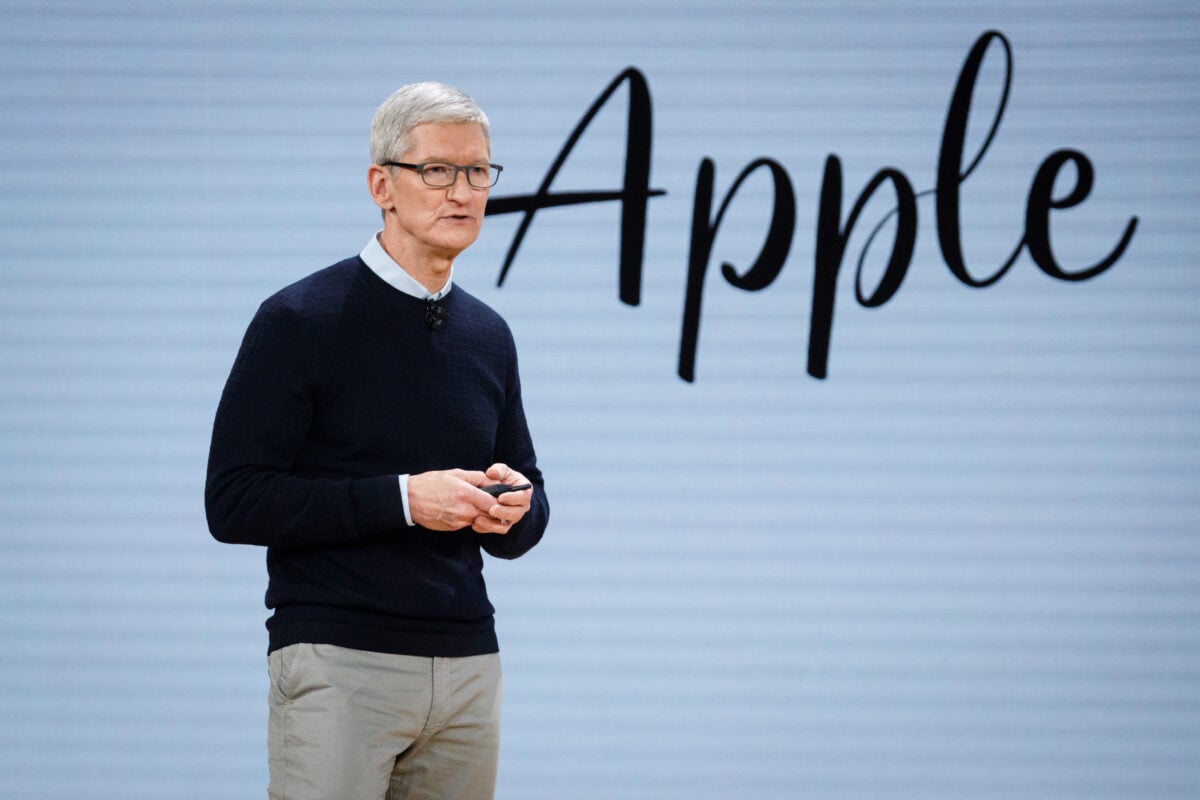TLDRs;
Contents
- Apple is testing Google’s Gemini and Anthropic’s Claude for Siri’s next major AI upgrade, debuting as early as 2026.
- The new World Knowledge Answers system will expand Siri’s capabilities with AI-powered web search and contextual responses.
- Privacy remains a key focus, with Apple planning to process searches on its own technology while using external AI models.
- Financial considerations influence Apple’s choice of partners, with Google’s offer more favorable than Anthropic’s $1.5 billion proposal.
Apple is preparing one of the most significant updates to Siri since its debut, as the company moves to integrate advanced artificial intelligence into its digital assistant.
According to sources familiar with the matter, Apple is testing Google’s Gemini and Anthropic’s Claude to power parts of a new AI-driven Siri, alongside its own in-house models. The overhaul is expected to debut in 2026, with early releases potentially arriving in iOS 26.4 as soon as March.
The new system, internally called World Knowledge Answers, will allow Siri to act more like ChatGPT or Google’s AI Overviews. It is designed to retrieve and summarize information from across the internet, closing the gap between Apple’s assistant and competitors such as OpenAI’s ChatGPT and Perplexity AI.
Apple Balances Privacy and Performance
One of Apple’s strongest selling points has long been its commitment to privacy, and this overhaul will continue to emphasize that principle.
While the company may rely on third-party AI models like Gemini or Claude, Apple reportedly plans to ensure that user data searches remain processed on its own secure infrastructure.
This hybrid approach mirrors Siri’s current design, where Apple’s systems handle most requests while complex queries are sometimes routed to external sources like Google or ChatGPT. By layering in more powerful large language models, Apple aims to deliver a smarter, more context-aware Siri without compromising its reputation for protecting personal information.
Strategic Shift in Apple’s AI Philosophy
The potential inclusion of external AI providers marks a major shift in Apple’s strategy. Historically, the company has prided itself on building core technologies in-house, from its A-series chips to proprietary services that sit tightly within its ecosystem. For Siri, this has always meant running exclusively on Apple’s own models since its 2011 launch.
That approach is now evolving. Internal testing revealed that Anthropic’s Claude outperformed Apple’s foundation models, prompting executives to consider partnerships that would have been unthinkable a decade ago.
While the move could accelerate Siri’s leap into generative AI, it has also caused uncertainty among Apple’s engineering teams, some of whom fear that relying on third-party AI could weaken Apple’s technical independence.
Cost Pressures Drive AI Partnerships
Technical capability is not the only factor shaping Apple’s decision. Cost negotiations appear to be a driving force behind its choice of partners. Reports indicate that Anthropic demanded more than $1.5 billion annually for access to Claude, while Google offered more favorable financial terms for Gemini integration.
Even with Apple allocating billions to its AI initiatives, the scale of investment in modern large language models is forcing the company to make pragmatic trade-offs. A deal with Google would not only provide robust AI capabilities but also help Apple manage its AI spending amid the rapid pace of innovation in the sector.
The urgency of these investments is also reflected in Apple’s declining reliance on Google. For the first time in two decades, Google search queries from Apple devices fell, underscoring the need for Apple to strengthen Siri and reclaim user engagement within its own ecosystem.


